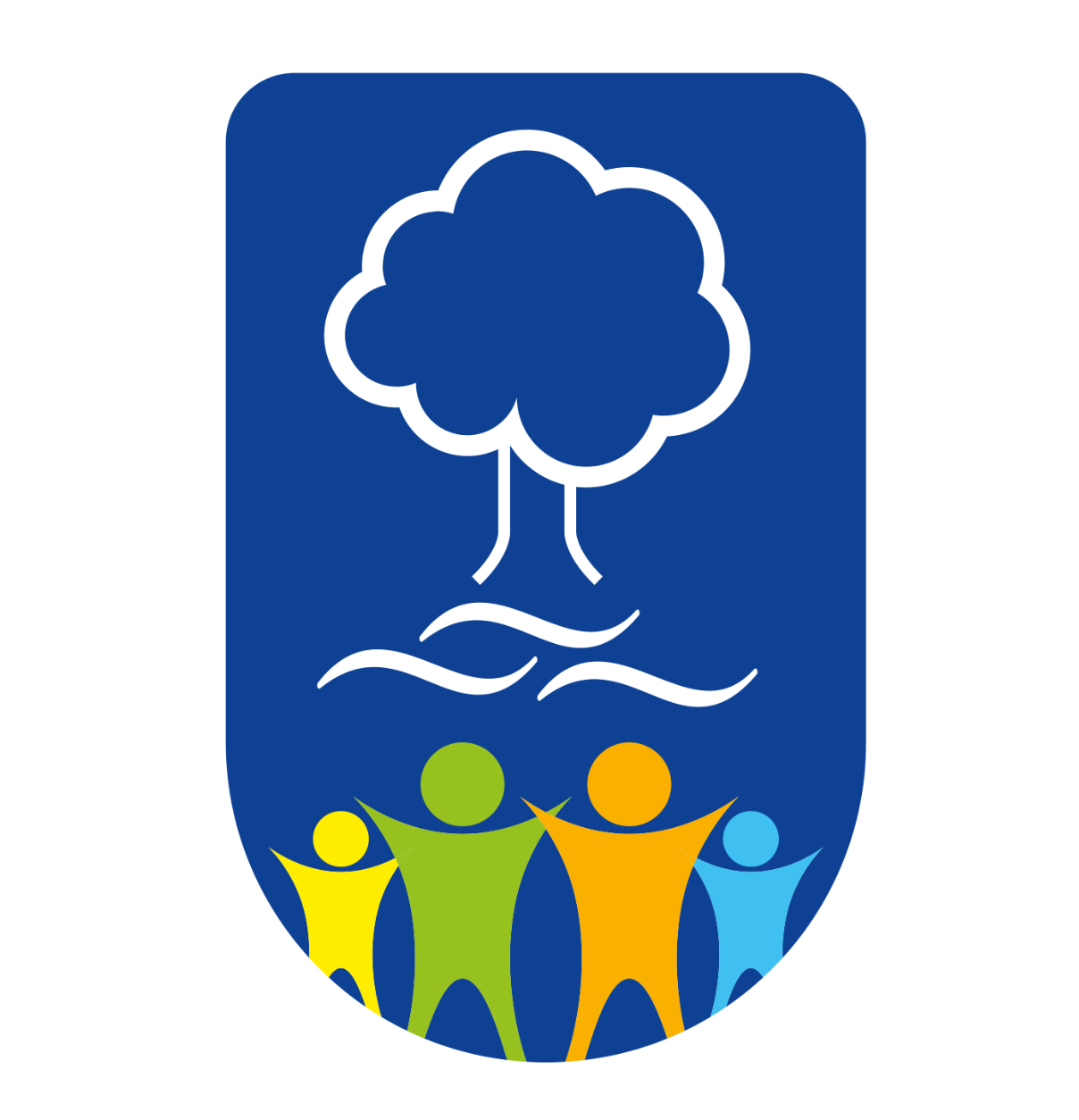Geography


Intent
Geography helps us to make sense of the world around us, better understand the places we live in, learn about and visit, why they matter and how they are connected to a globalised world.
Through geography, we encounter different societies and cultures and learn to appreciate the
incredible diversity of landscapes and peoples.
In geography, we face questions of what it means to live sustainably in an interdependent world and learn to value and care for the planet and all its inhabitants.
| Geography helps pupils to develop an understanding of place and its personal meaning, including their own place in the world and that of other people. |
Geography develops pupils’ understanding of natural, man-made and social environments. |
Geography provides pupils with a range of vocabulary to describe the features of the environment and the processes that shape it. |
| Geography enables pupils to understand the spatial layout and organisation of the world around them and recognise patterns and relationships in the environment. |
Geography develops pupils’ understanding and appreciation of places and their importance to us, of our impact on them and how we can manage and develop them sustainably. |
Geography introduces pupils to the role and value of maps in observing, understanding, interpreting and valuing the world, from local to global perspective. |
| Geography helps pupils recognise how and why changes to places and the environment happen and affect us, both as a result of natural processes and through human activity. |
Geography develops pupils’ role as stewards of Planet Earth, at local, national and global scale. |
Geography helps pupils recognise and value interdependence through themes such as climate change, food, water and energy. |
| Geography teaches pupils to appreciate the diversity evident in the world, through learning about similarities, differences and how we live interdependently. |
Pupils’ geographical understanding helps them make sense of the world and prepares them to play an active role as informed, responsible citizens. |
The geography that children learn is brought `alive’ for them through investigating and asking questions about the world. |
| Geography stimulates pupils to explore emotional responses that can accompany learning about some of the Earth’s features, such as a sense of awe and wonder. |
Geography teaches pupils to understand `space’ and ‘scale’, including the layout of places within their own locality, their own country and the wider world and how this can be represented on maps. |
Geography is a key subject to engage pupils’ creative and critical thinking about change, both locally and globally, and the implications for the future. |
Implementation
Geography is taught through thematic units. The Satellite View maps out which thematic units feature this subject and clearly shows the objectives taught.
Geography is taught through a combination of subject knowledge, geographical skills, enquiry and fieldwork. Learning takes place both inside and outside the classroom.
Where do we learn about in Geography?
Asia
China
Russia
India
Egypt
South America
Brazil
Peru
Africa
Madagascar
South Africa
Benin
Europe
Scotland
Greece
Rome
Australasia
Fiji
Local Geography
North and Central
America
Arctic Circle
What do we learn about in Geography?
Landscapes
Environments
Climate
Human and physical features
Settlements
Land use
Landmarks
Trade
Environmental issues
Physical systems and processes
Biomes
Sustainability
Impact
By the time children leave Woodford Halse CE Primary Academy, they will:
- Confidently share their knowledge, using appropriate vocabulary.
- Have an excellent knowledge of where places are and what they are like.
- Have the ability to reach clear conclusions and develop a reasoned argument to explain findings.
- Make positive contributions to the local community and how to endeavour to be the best that they can be.
- Have a passion for and commitment to the subject, and a real sense of curiosity to find out about the world and the people who live there.
- Have the ability to express well-balanced opinions, rooted in very good knowledge and understanding about current and contemporary issues in society and the environment.
- Leave our school ready, resilient, respectful and reflective with a thirst for life and all it has to
offer.
More information can be found in the documents below.

